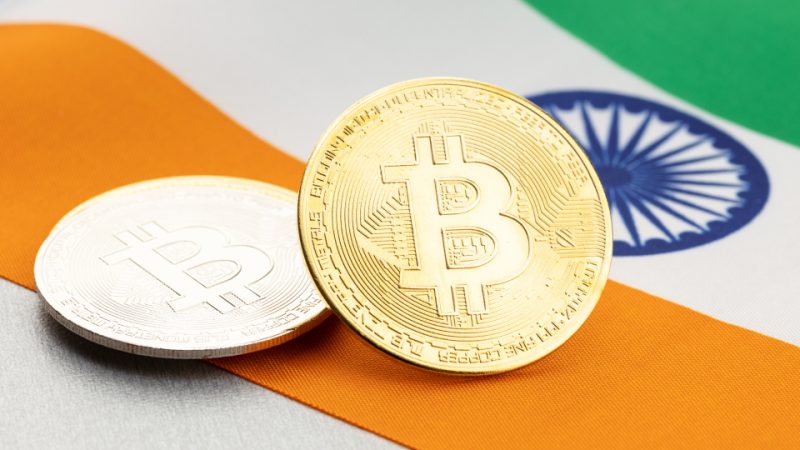The Indian government is set to take a significant step toward regulating cryptocurrency by releasing a consultation paper on the subject between September and October 2024. This initiative, led by a panel chaired by the Secretary of the Department of Economic Affairs (DEA), aims to gather feedback from various stakeholders to help shape effective cryptocurrency regulations.
A Collaborative Approach to Regulation
The forthcoming consultation paper underscores India’s commitment to addressing the complexities of cryptocurrency regulation both domestically and globally. The government’s approach reflects a desire to align its policies with international standards, as highlighted by Finance Minister Nirmala Sitharaman. In October 2023, Sitharaman noted that G20 nations had reached a consensus on a unified regulatory framework, emphasizing the need for each country to tailor these guidelines to their specific legislative contexts.
“Given the understanding that globally now all of us are on the same page about how regulations can happen, country and their specific legislative arrangements will also have to be worked out,” Sitharaman stated.
Existing Framework and Industry Concerns
While India currently lacks a comprehensive regulatory framework for cryptocurrencies, it has implemented a stringent tax regime since 2022. This includes a 30% flat tax on cryptocurrency profits and a 1% tax deducted at source (TDS) on transactions. These measures have drawn criticism from industry leaders, who argue that such policies stifle growth and innovation within the Web3 sector. Despite these concerns, the 2024-25 Union Budget did not propose any changes to the existing tax regulations, highlighting the government’s cautious approach.
Industry leaders continue to advocate for more open dialogue with regulators to create a more supportive environment for the burgeoning cryptocurrency and Web3 sectors in India.
Also Read: DEA Consultation Paper: A Turning Point for India’s Crypto Future
Central Bank Warnings and Legal Clarifications
The Reserve Bank of India (RBI) has repeatedly expressed concerns about the risks associated with cryptocurrencies. In its May 2024 bulletin, the RBI warned retail investors of the “lack of accountability and stability” within the crypto ecosystem, pointing to the regulatory ambiguity that surrounds it. The central bank also cautioned that certain cryptocurrency systems might be “prone to crisis without safeguards.”
However, legal perspectives on cryptocurrency in India have shown some flexibility. Earlier this month, the Orissa High Court reaffirmed that cryptocurrency trading and transactions are neither banned nor deemed illegal in the country. This decision provides some clarity amidst the regulatory uncertainty, offering a semblance of legitimacy to the industry.
In a related development, Binance, the world’s largest cryptocurrency exchange, announced its re-entry into the Indian market after ensuring compliance with local regulations, signaling a positive shift in the regulatory landscape.
